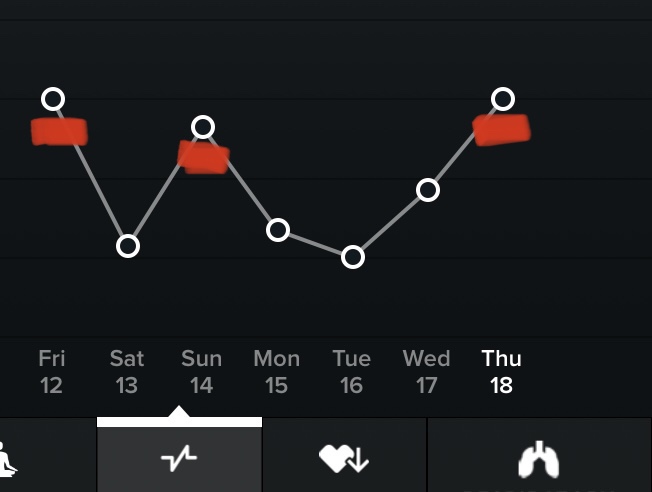If you follow me on other social media you may have noticed that I recently launched and am fundraising seed stage venture capital rolling fund we’ve named chaotic.capital. Since this is a blog for my friends if you are an accredited investor I’d love for you wander on over to take a looksy. Or feel free to send me a DM on Twitter or slide into my email inbox which is just julie AT chaotic dot capital.
The TL:DR on the fund is that the world is getting exponentially more complex and that is making living life chaotic as fuck. Humans don’t like chaotic. We like predictable. So we invest in seed stage technology startups that help individuals, families, organizations, and even whole communities, adapt to living with chaos.
I’ll be talking about all the areas we invest I’m sure but today’s post is about about how we might adapt to a more chaotic labor market and what kinds of companies we’d like to see in the space to capitalize on the chaos of the future of work.
The pandemic has accelerated a lot in the labor markets. Hiring in developed economies has been getting harder. The great resignation has a large chunk of the skilled workforce in movement. But student debt is making it less appealing to pursue traditional credentials like a four year college degree. Skilled workers have at once never been more competitive in the labor market but it’s also never been more expensive to pursue those skills. Where there is tension there is opportunity.
So how do we get more people skilled and let those with existing skills deploy their labor more effectively? I think that web3, or if you prefer the decentralized web, presents a unique opportunity to decouple skills & compensation from identity and corporations. Flexibility drives innovation. Web3 let’s us step clear of concepts like one full time job per person.
Workers are seeking replacements for the centralized stores of skills & proof, socializing, and networking we’ve used in the past. The hodge podge of self reported credentials and certificates we put up on LinkedIn or a personal website is a mess and only allows us one centralized identity. That sucks for privacy and also for people with a diverse set of skills. Recruiters see what we present but that’s never the whole picture.
Some would argue that political polarization will require we either prove identity and in-group or lead us to pseudonyms (identity on/off switch) that let us be judged by work product and proof of skills rather than in group approvals and social validation. Regardless, regulatory capture and special interest groups are now being viewed negatively as younger workers see them as expensive obstacles to career progression. If Kim Kardashian can take the bar without ever going to law school why should you go to law school?
One reason that chaotic is particularly interested in is stores of identity, proof of skills and proof of work capacity is that Web3 and decentralization will pick up the slack in labor markets for younger people.
We won’t want to polish our entire lives in order to get one job with a single employer when we know corporations shows us little loyalty. We’d rather find ways to optimize for our preferred compensation package. That could be flexible contracts and hours, remote first work arrangements, healthcare subsidies, or maximum pay; whatever we chose there should be a recruiter that can find us a job and a workplace that will leverage our skills. If you want inspiration on how this might work I’ve got a list of crypto science fiction to read.
In order to avoid falling into low level service jobs we will need to pick up proof of work and proof of skill jobs. Automation is less of a threat than low level service jobs and dead end work for most young people. Finding ways to get get paid for learning is going to make the jump from play to earn video games to play to learn universities one day.
Portable and “fractional” identities will be required in a future where one person with one job isn’t the norm. So how do we build different identities that keep us safe from context collapse while still giving flexibility and portability on our achievements and documented skills?
All of the above is food for thought. If these problems interest you hit me up. I’ve got a request for startups below. If you want to talk about any of them find me on @AlmostMedia on Twitter.
Request for Startups
- Skills repository Github for provable disciplines beyond coding
- Web3 LinkedIn where we can turn on and off elements of our credentials
- An identity wallet
- A social capital wallet
- Influence & social capital graphing & portability
- Fractional identity platforms
